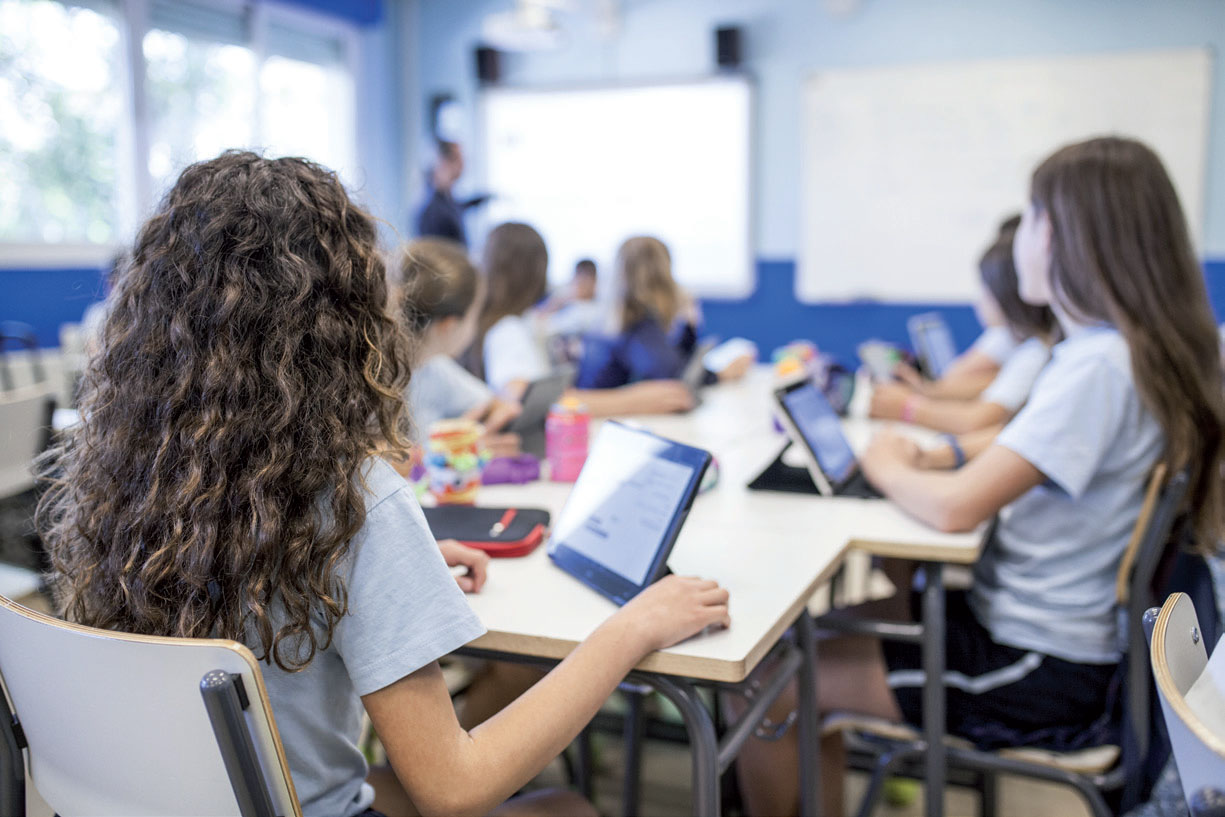
I have often asked myself, and am often asked during meetings with other teachers, ‘how can I teach music using technology with so little technology available to me?’ Well, this month I really put this to the test. Not because I wanted to, but because burglars broke into my music tech suite over the weekend and stole all of the computers.
I know that I have often gone into schools and said: ‘Of course you do not need tons of equipment to teach using technology’. But actually having to eat my own words and try to teach A Level music technology without any computers was going to be tricky.
The first lesson I taught was timetabled to be a history lesson anyway so it should not have had too much technology. Except that I had put in a research task as part of the lesson, and set up a practical project in their DAWs to explore how reduction mixing would have been achieved in the 1960s (well, sort of). How was I going to get the students to do these without massively rewriting my lesson plan?
The first thing I did was to revert to something that I have mentioned a lot in these columns: BYOD, or Bring Your Own Device. All of my students had internet-capable devices in their pockets, the college I was teaching at had good quality Wi-Fi, and research and discussion did not specifically require the technology that had been stolen. The learning could continue without the missing technology and that element of the lesson hadn't been impaired.
As an aside, I had a meeting at a different school this week with a head of music who told me that her school now allowed mobiles to be in the bottom of bags, and that for her, this was progress. I know that many of your schools will still ban phones and tablets outright – but I also know some schools where an exemption for music lessons applies. If you want to use devices like this in your lesson, I would advise having a frank discussion with your line manager about the benefits and the risks of mobile devices in lessons. Once permission has been granted, the ability to use music apps is then opened up and a whole range of music-making can begin.
Back to the lesson. How was I going to achieve the practical task on the DAW? In the end I decided to get the students to work as a group on my own laptop. Obviously, this wasn't in the classroom when the equipment was stolen, so was still a usable resource. The class allocated one person to operate the machine and the other students all had to direct them in the mix. They all listened to the original audio in silence and wrote down the changes they felt needed to be made. They then compared notes – pretty much all of them felt that the same things needed to be changed because I had artificially boosted and cut the volume of certain instruments to make it more obvious. The person in charge of the computer then made the changes and the students repeated the process until they were happy. For an A Level class this was quite easy, but with a KS3 or KS4 class I would again revert to BYOD and load the audio into Soundtrap or something similar that can run on mobile devices. This would allow the students to continue their learning, uninterrupted by the lack of equipment.
 ©Adobe Stock/David
©Adobe Stock/David
Students can use their own devices for research tasks
A week on from the burglary I have managed to beg and borrow (but not steal) about seven computers, so we can now carry on with coursework in shifts and, as a slight silver lining, I am now going to get some nice shiny new computers for the department. However, I am going to have at least another week of trying to teach music technology with basically no technology.
To conclude, this terrible situation has not been great for anyone concerned, but it has forced me to really think about how I am going to get students to learn in a technology-based subject with no technology. I hope you will never have to go through it, but if you do then rest assured that it is possible!
Finally, if you would like technical or practical support with any of the items raised in this article, please contact me via the magazine: music.teacher@rhinegold.co.uk. I can help support you with research evidence for the benefits of particular technology and more practical support regarding teaching and learning.








